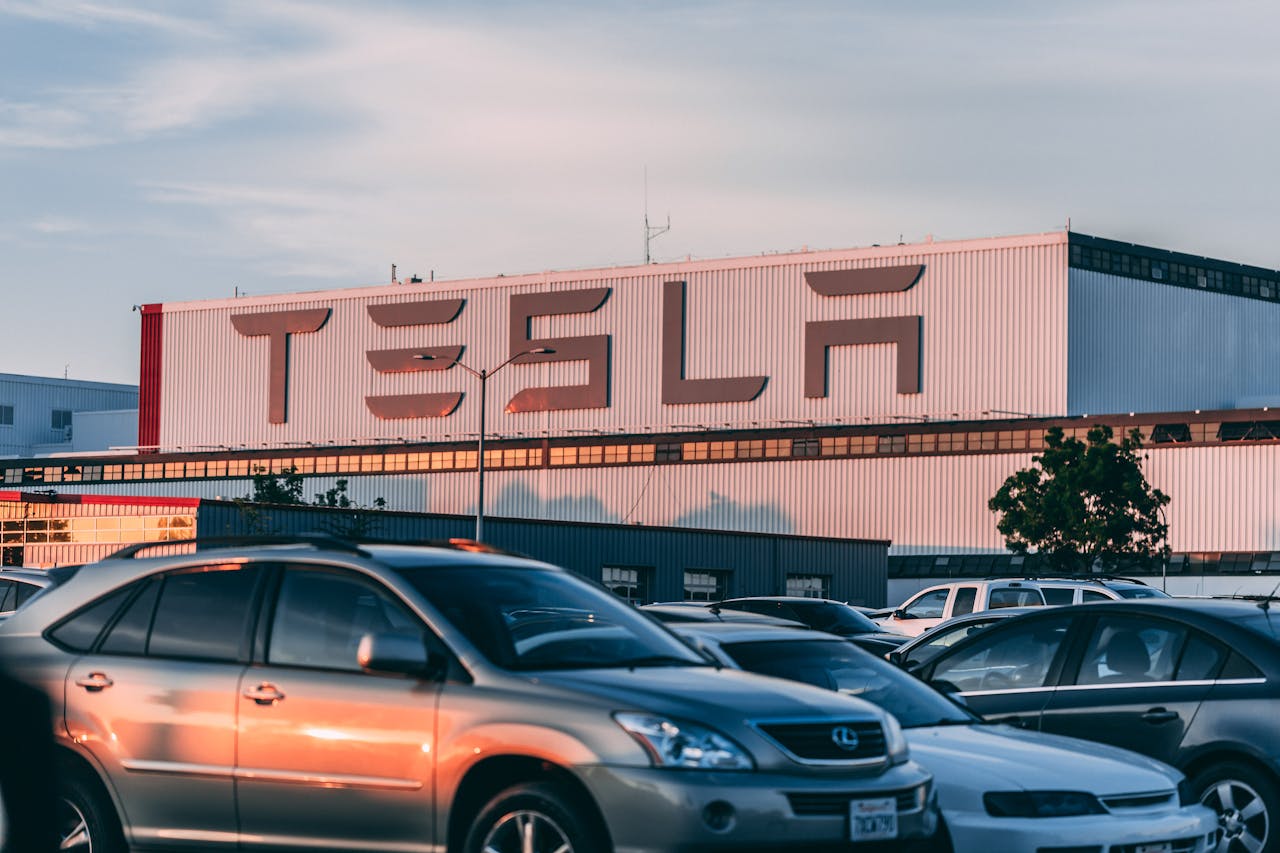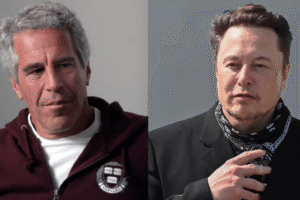
Tesla Enters India with $68K Model Y Amid Global Declines
Tesla Enters India After Nine-Year Wait
Tesla enters India with its long-awaited launch, marking a strategic move in one of the world’s largest automotive markets. The U.S.-based electric vehicle (EV) giant has opened its first showroom—termed an “Experience Center”—at Maker Maxity Mall in Mumbai’s Bandra Kurla Complex.
The launch features the Model Y in both rear-wheel drive (RWD) and long-range RWD versions, priced at ₹59,89,000 (approx. $68,000) and ₹67,89,000 (approx. $79,000), respectively. Customers can now register in Mumbai, Delhi, and Gurugram with a non-refundable deposit of ₹22,220 (approx. $260).
This marks a turning point after nine years of anticipation, starting with Elon Musk’s 2016 teaser and prolonged discussions with Indian policymakers.
Initial Rollout Includes Charging Infrastructure and Expansion Plans
Deliveries for the standard Model Y RWD are expected in Q3, with the long-range version to follow in Q4. As part of its entry strategy, Tesla is deploying four charging stations each in Mumbai and Delhi, including Superchargers and destination chargers.
Tesla also plans to open its second Indian location in Delhi within the month. While the current imports come from Tesla’s Shanghai facility, future plans include bringing vehicles from Berlin, contingent on the India-EU free-trade agreement.
India, producing nearly six million vehicles annually, ranks as the fourth-largest auto market globally. However, EV penetration remains low and primarily dominated by two-wheelers. The government aims for 30% EV adoption in all vehicle sales by 2030.
Delays, Negotiations, and Tax Challenges
The Tesla enters India narrative has been fraught with uncertainty. Musk had initially collected $1,000 deposits for the Model 3 in 2016, which were later refunded. Ongoing negotiations with Prime Minister Narendra Modi’s administration focused heavily on local manufacturing, which Tesla resisted.
In 2023, Commerce Minister Piyush Goyal noted that Tesla planned to double its component sourcing from India to $1.9 billion. Despite that, the company has not committed to opening a local factory. Recent tax reductions on EV imports have improved Tesla’s feasibility in the Indian market, even as the automaker contends with India’s traditionally high 100% import tariffs.
Global Decline Contrasts with India Entry
The India launch arrives during a challenging global period for Tesla. Its Q2 deliveries fell 6.8% year-over-year—marking the third straight quarterly drop. In May, European sales declined nearly 28%, despite an overall uptick in the region’s car market.
In the U.S., Tesla’s first-half 2025 sales dropped 13%, totaling 255,000 units. Globally, the company’s Q2 sales hit 443,956 units—a 13% dip. Meanwhile, competitors like BYD, already active in India, continue to gain traction in both China and global markets.
Tesla CFO Vaibhav Taneja is currently overseeing Indian operations after the resignation of Prashanth Menon. Several local board directors manage key functions in policy, sales, and HR. However, the company has yet to appoint a dedicated India head.
Strategic Entry or Risky Timing?
The decision to launch now raises questions about whether Tesla is seizing a long-term opportunity or simply attempting to offset global downturns. India’s EV ecosystem is still in early development, and Tesla’s high-end pricing may limit market reach. Yet, the brand’s entry could catalyze wider adoption and set the tone for international automakers eyeing India.
How do you view Tesla’s India entry—smart timing or reactive move amid global pressure?
Explore Business Solutions from Uttkrist and our Partners’, Pipedrive CRM and more uttkrist.com/explore



